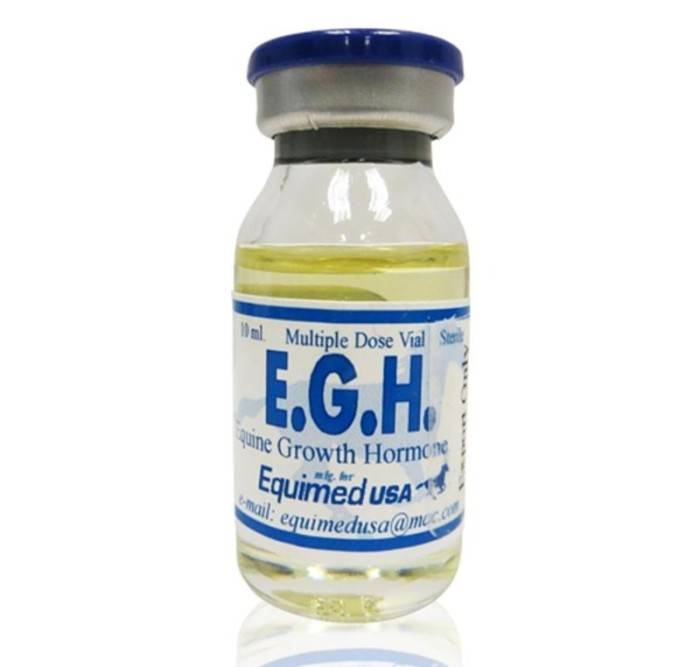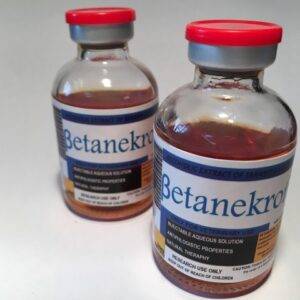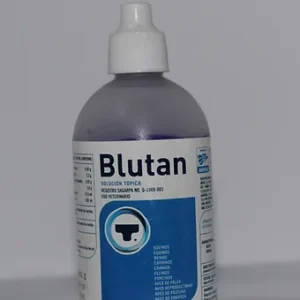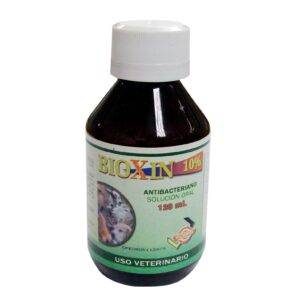Equine Growth Hormone
Equine Growth Hormone (EGH), also known as equine somatotropin, is a naturally occurring hormone in horses that is secreted by the pituitary gland. This hormone plays a crucial role in regulating growth, development, and metabolism, particularly by influencing bone and muscle growth and overall body condition. Synthetic versions of equine growth hormone have been developed for specific veterinary applications.
Key Functions of Equine Growth Hormone:
Growth and Development:
EGH stimulates the growth of bones, muscles, and other tissues. It is especially important for young, developing horses, ensuring they grow to their full potential.
Metabolism Regulation:
EGH helps regulate the metabolism of proteins, fats, and carbohydrates. It promotes protein synthesis, leading to the development of lean muscle mass and efficient use of fat stores for energy.
Tissue Repair and Recovery:
EGH enhances recovery by stimulating tissue repair after injury. This is particularly useful for horses involved in competitive sports, where muscle strain or injury is common.
Veterinary Uses of Equine Growth Hormone:
Improving Growth in Young Horses: EGH can be administered to horses that are experiencing stunted growth or developmental delays to promote normal growth rates.
Performance Enhancement: In performance horses (e.g., racehorses or show horses), EGH might be used to improve stamina, muscle development, and recovery time between events. However, its use for performance enhancement is often controversial and regulated.
Tissue Repair and Recovery: Injured horses, particularly those with soft tissue injuries (like muscle strains or tendon injuries), may benefit from EGH therapy, as it helps speed up the recovery process.
Mechanism of Action:
EGH functions similarly to human growth hormone (HGH). It works by:
Stimulating the growth of long bones via the production of insulin-like growth factor 1 (IGF-1), which plays a critical role in cell growth and development.
Increasing protein synthesis, leading to muscle growth and repair.
Enhancing fat metabolism, allowing horses to use fat stores more efficiently for energy.
Administration of Equine Growth Hormone:
EGH is typically administered via injection, and the dosage depends on the specific needs of the horse and its weight.
It is important that this hormone is prescribed and administered by a veterinarian to ensure safe and effective use.
Potential Side Effects and Risks in Horses:
While EGH can have therapeutic benefits, there are potential risks, particularly with long-term or excessive use:
Joint and Bone Issues: Overuse of EGH can cause excessive bone growth, leading to joint pain or skeletal abnormalities.
Insulin Resistance: Long-term administration of EGH can interfere with glucose metabolism, potentially leading to insulin resistance or even metabolic diseases.
Edema (Swelling): Excessive EGH levels can lead to water retention and swelling, particularly in the limbs.
Hormonal Imbalance: Administering EGH can disrupt the horse’s natural hormonal balance, which might have broader health implications.
Controversial Use in Performance Horses:
While EGH has therapeutic uses, it is sometimes controversially used to enhance performance in competitive horses. The hormone’s ability to increase muscle mass, reduce fat, and enhance recovery can give horses a competitive edge, especially in high-stress athletic environments like racing. However, many equestrian sports regulate or outright ban the use of growth hormones to maintain fair competition and avoid animal welfare concerns.
Human Use of Equine Growth Hormone:
In some cases, EGH has been illegally used or promoted in human bodybuilding for similar reasons it is used in horses: to increase muscle mass, reduce fat, and improve recovery times. However, this practice is dangerous and illegal, as EGH is designed for horses, not humans, and can cause serious health issues, such as:
Hormonal imbalances,
Unpredictable side effects,
Increased risk of diabetes, heart disease, and joint issues.
Legal and Ethical Considerations:
The use of equine growth hormone is heavily regulated in many countries. While it is used therapeutically in veterinary medicine, its use in performance enhancement for both horses and humans is often restricted or banned.
Professional equine sports typically have strict guidelines regarding the use of growth hormones, and horses that test positive for EGH may be disqualified from competition.
Conclusion:
Equine Growth Hormone (EGH) plays an essential role in the growth, development, and metabolism of horses. While it has legitimate veterinary uses, especially in young or injured horses, its misuse in performance enhancement or human bodybuilding is illegal and poses significant risks. In horses, careful administration under veterinary supervision ensures the hormone is used safely and effectively for the benefit of the animal.





Reviews
There are no reviews yet.